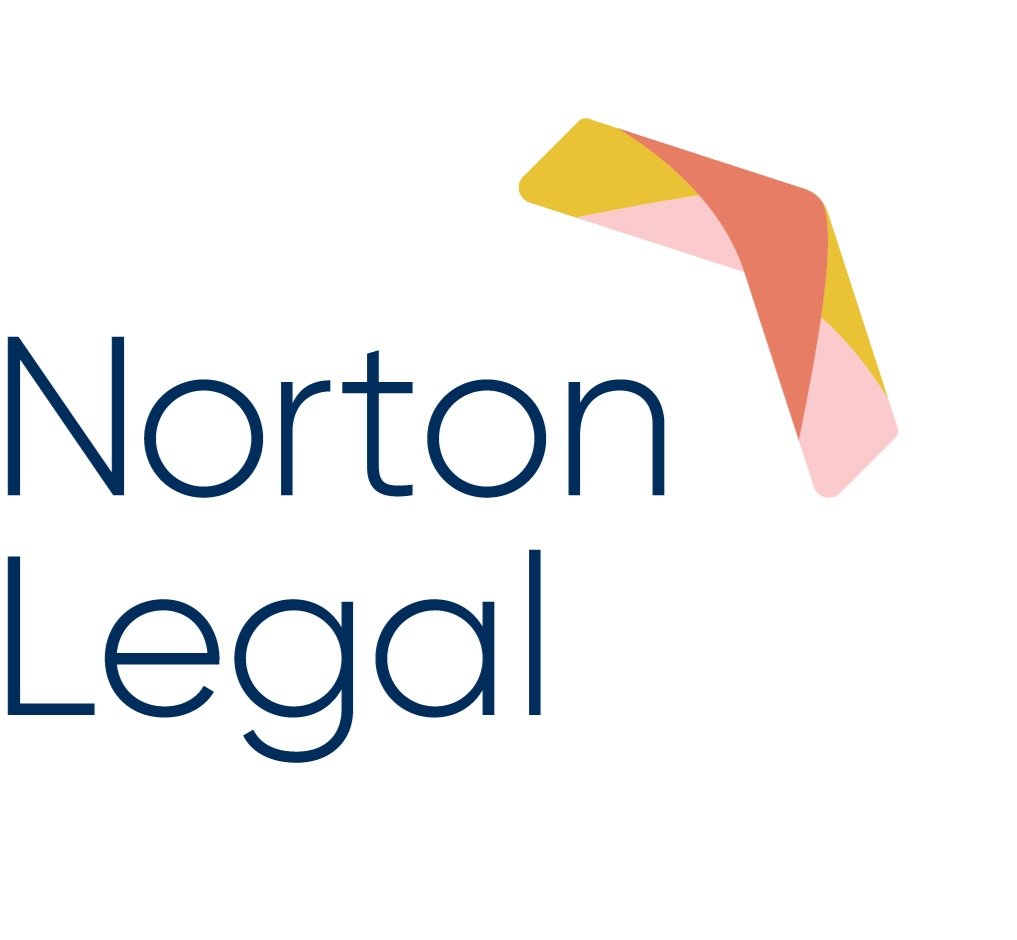The second generation: trusts and succession planning
Many families have business and/or investment structures held by trusts such as discretionary family trusts, unit trusts or hybrid trusts. Even though these structures are common, most people are not aware that trust assets do not form part of your estate when you die and therefore can’t be gifted to beneficiaries via your Will.
The Trustee of a trust holds the assets on behalf of the beneficiaries of the trust. The Trustee is the person (or company) that undertakes the day-to-day management of the trust, including making decisions around distributions of capital and income to the beneficiaries.
Where the Trustee of a trust is a company, the Directors of the company undertake the day-to-day decision making of the trust. Companies have shareholders that can vote on appointing Directors. Company shares can be gifted in your Will, allowing the recipient of the shares to vote on appointments of Directors and therefore which individuals act as trustees (subject to the terms of your company constitution or other relevant agreements).
Most trusts will also include an Appointor and/or Guardian role. The Appointor is the person who can replace the Trustee and therefore has ultimate control over the trust. A trust doesn’t always include a Guardian, but when it does, this role is usually to provide oversight around certain decisions in addition to the Trustee.
The Role of an Estate Planning Lawyer
To implement a succession plan for your trust, you need to understand the roles outlined above and how they impact control of the trust.
There are various ways that control of a trust can be passed. At Norton Legal, we can assist you by providing advice that suits your personal circumstances after we have reviewed the documents that govern your trusts—such as the trust deed, company constitution, and ancillary documents including Shareholder and Unit Holder Agreements, Loan Agreements, and Leases.
Whether you wish to ensure that there is a plan in place in the event that you die or lose capacity, or if you are ready to transfer control to the second generation now, we can help you make an informed decision. We can prepare (or update) the necessary documents such as Wills, Powers of Attorney, Company Powers of Attorney, Shareholder Agreements, and Deeds to amend or supplement your trust documentation.
Getting the Family Onboard
There is a lot to consider when transferring control to the second generation, and it is crucial that you make the right decision about who to put in charge and when to do it.
Some family members may not be appropriate controllers due to the risk of family law separation, or they might simply not be business-minded. If you want to appoint multiple controllers, you should consider what would happen if they can’t agree. You should also think about whether there is a risk of some of the controllers outvoting another—effectively cutting them out of the trust.
If you are considering transferring control of the trust during your lifetime, we strongly recommend that you obtain advice from an accountant in relation to any CGT or other potential taxes before making any changes.
If you have a family trust and wish to know more about succession planning, please contact the friendly team at Norton Legal.
